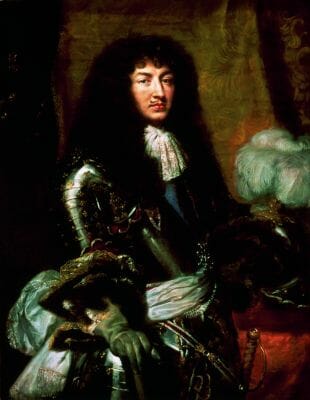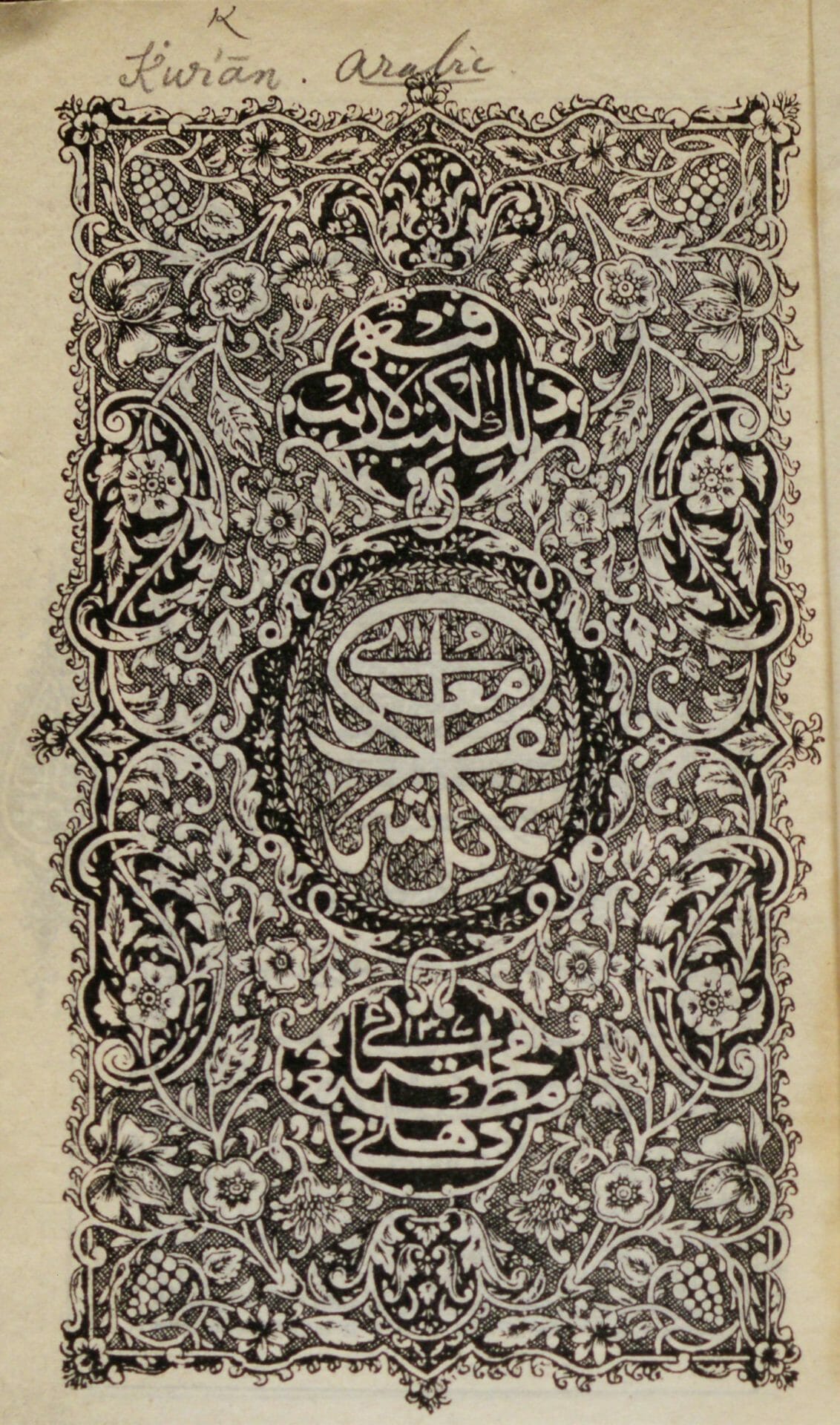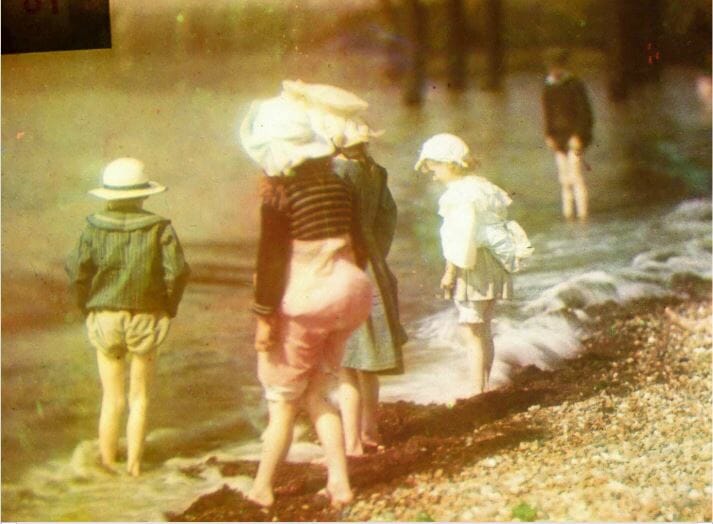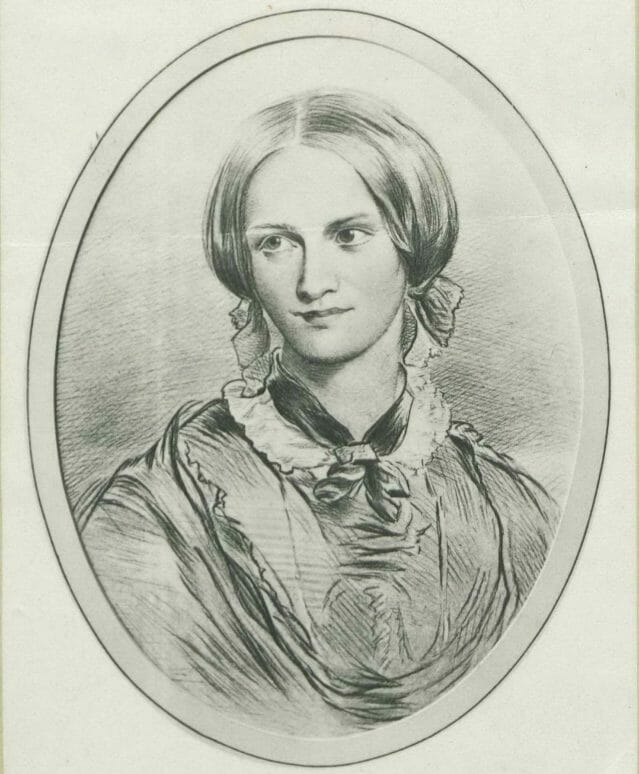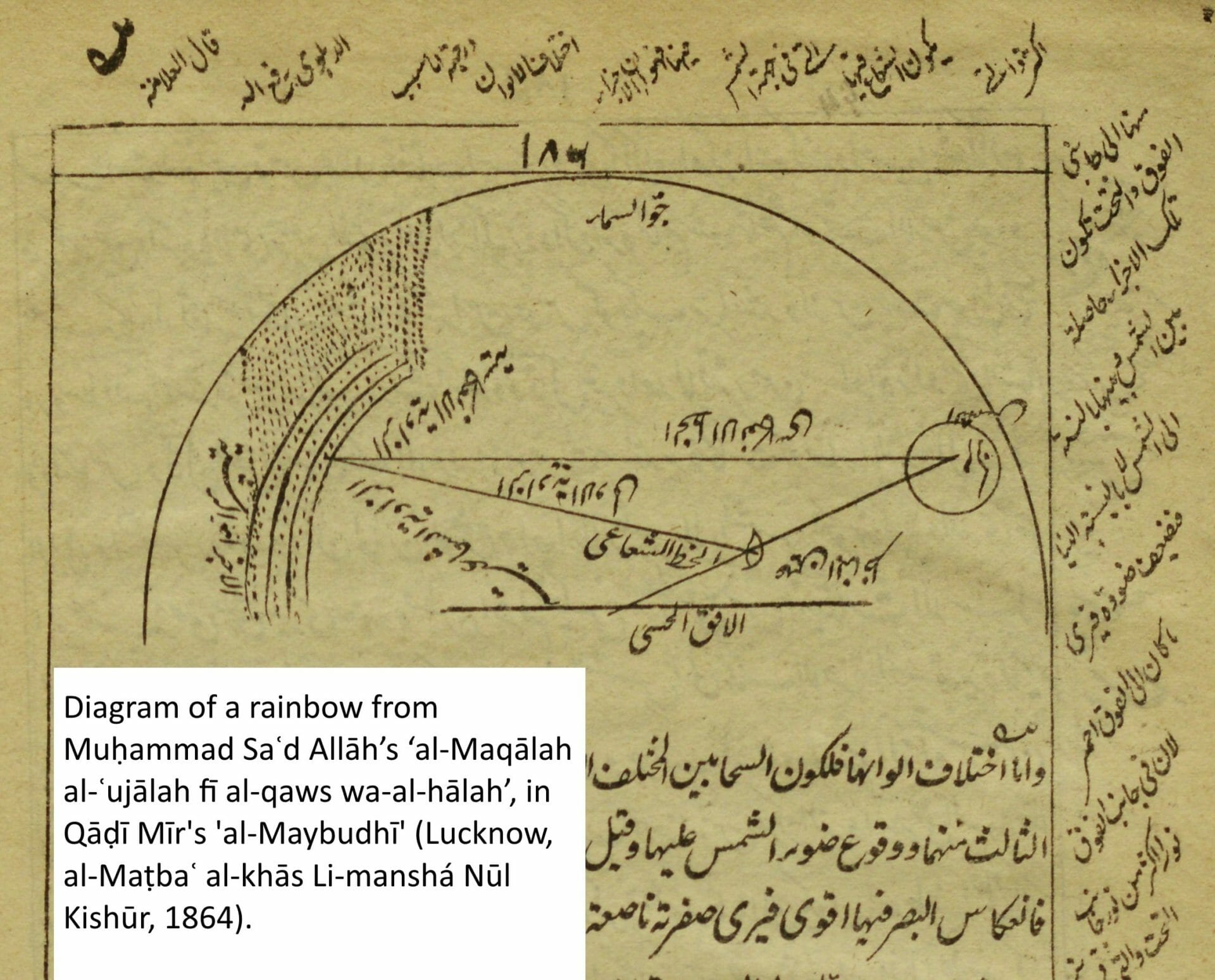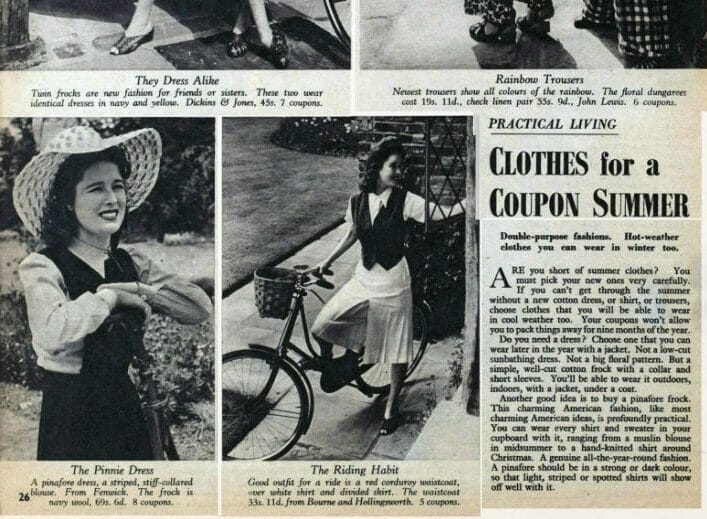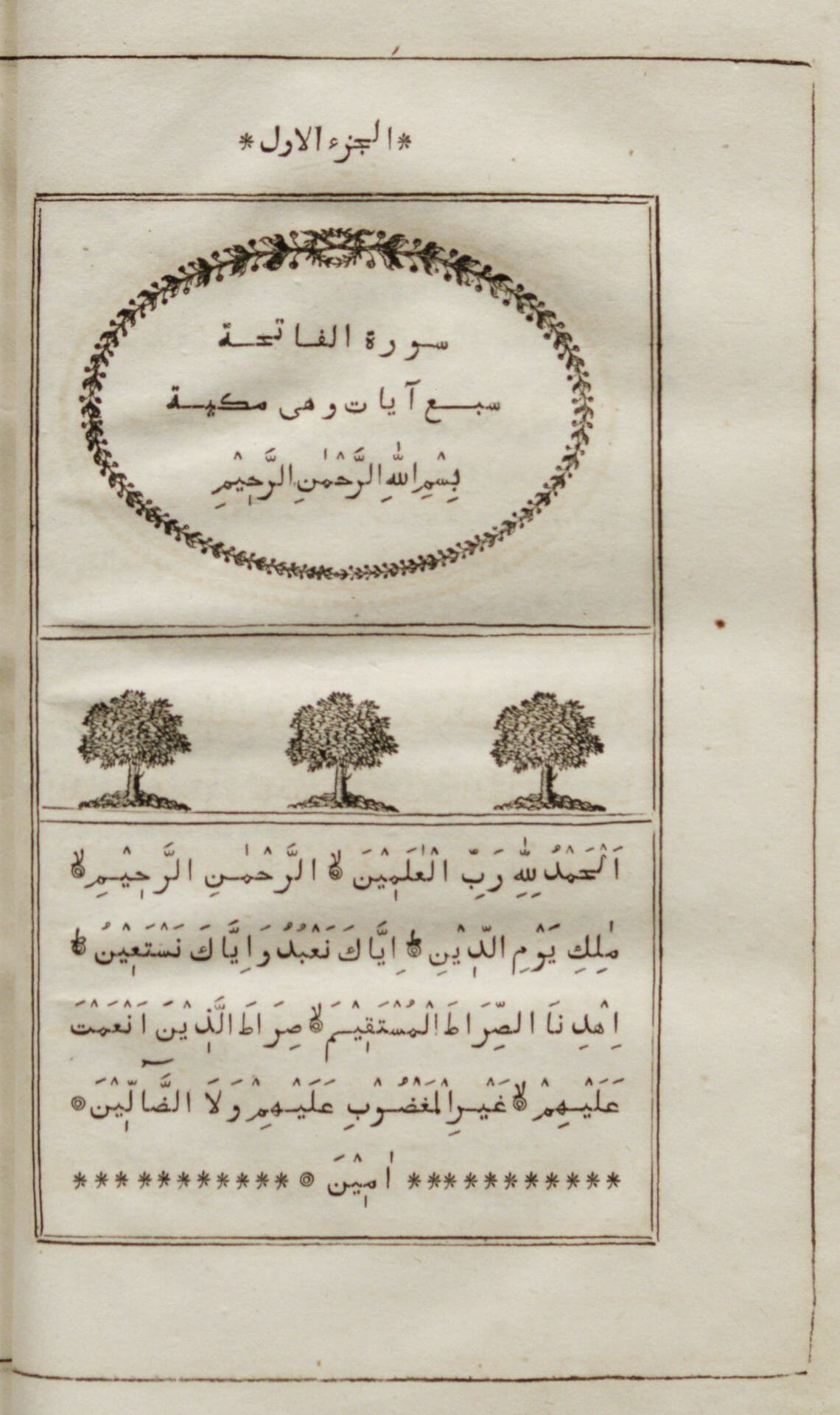
It was 50 years ago this week that The Beatles issued their ground-breaking album, Sergeant Pepper’s Lonely Hearts Club Band. The third biggest-selling album in the UK (and the top-selling when compilation albums are removed) [1] it remains one of the most influential and recognised albums 50 years after its release (although personally, I prefer Revolver). I took a look back through the collections in Gale Primary Sources to see what I could find out about this iconic album.




